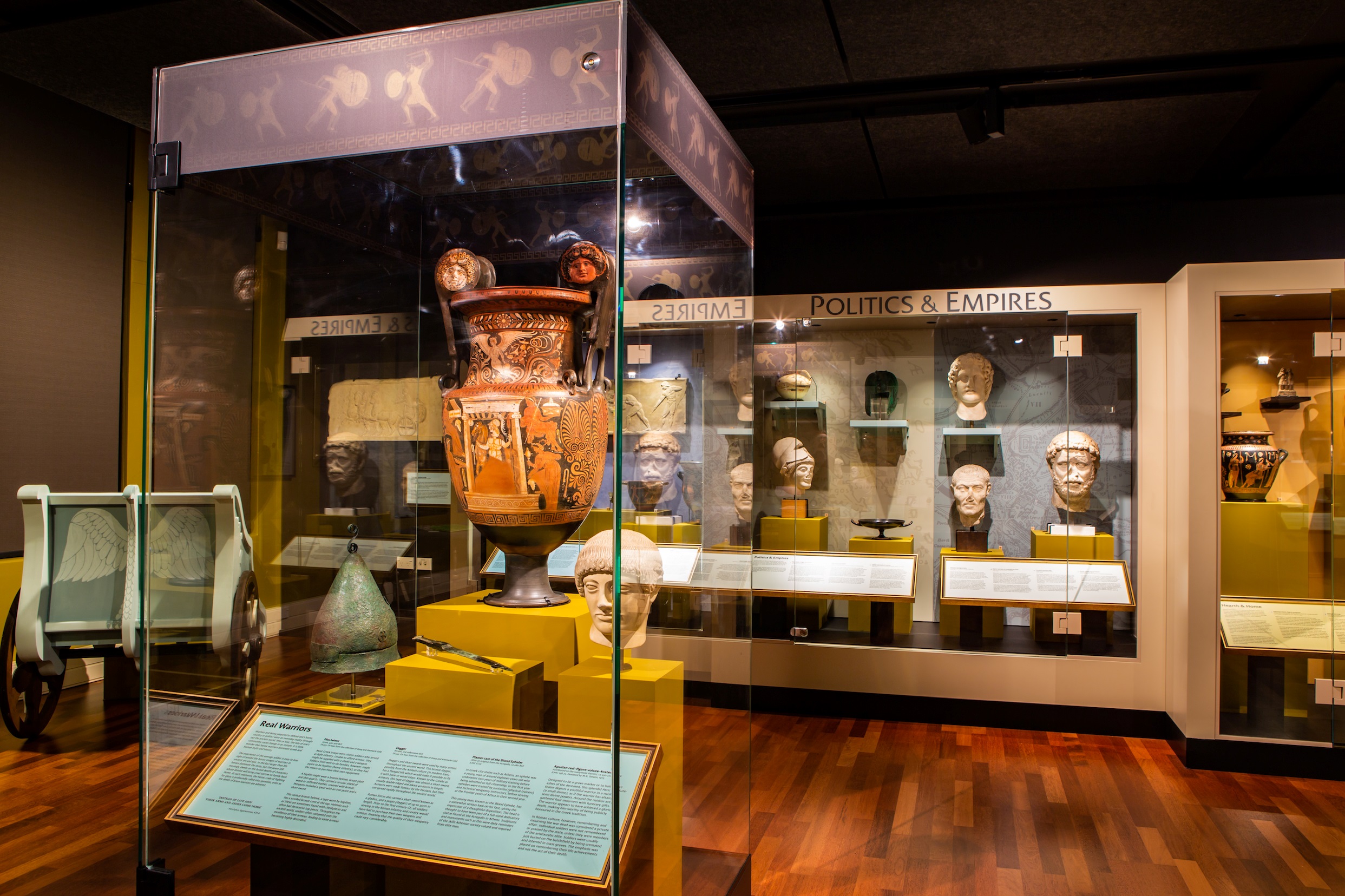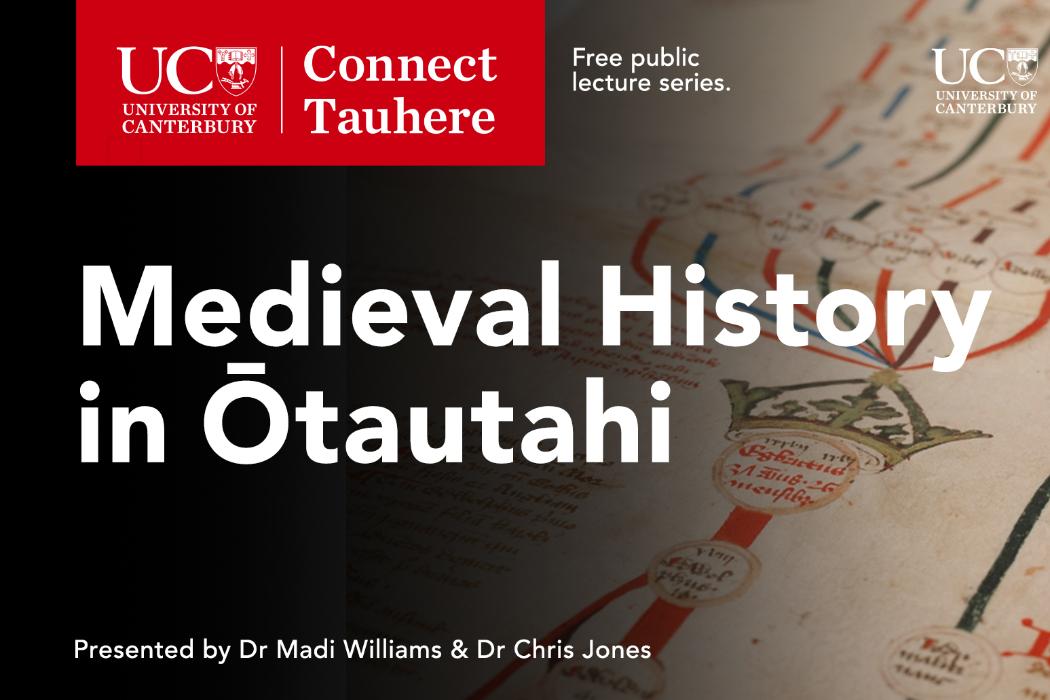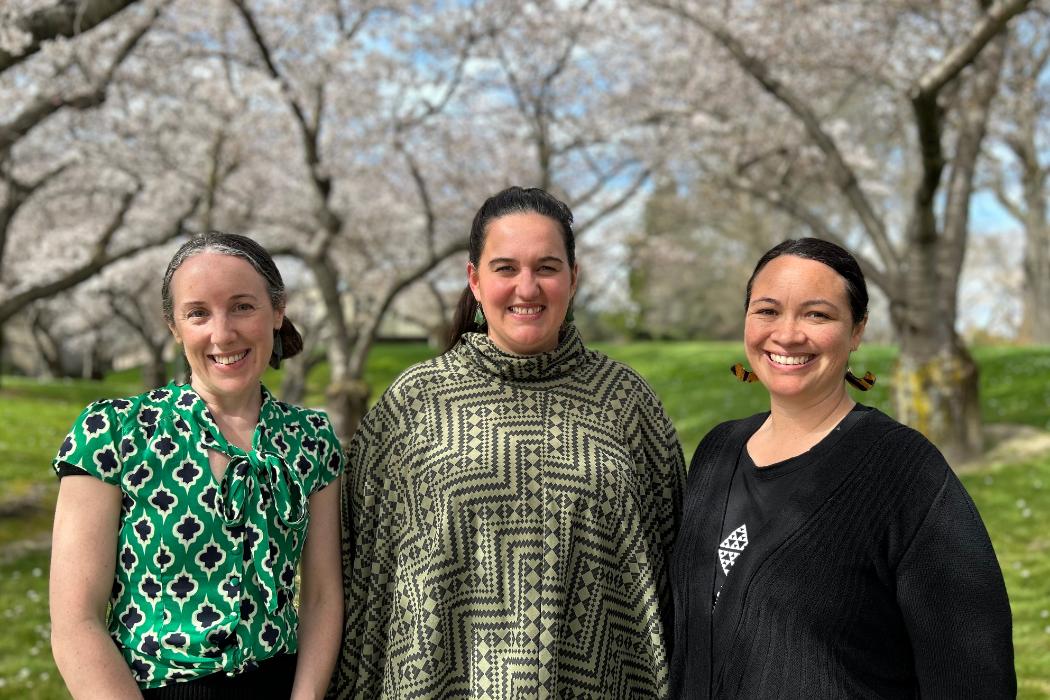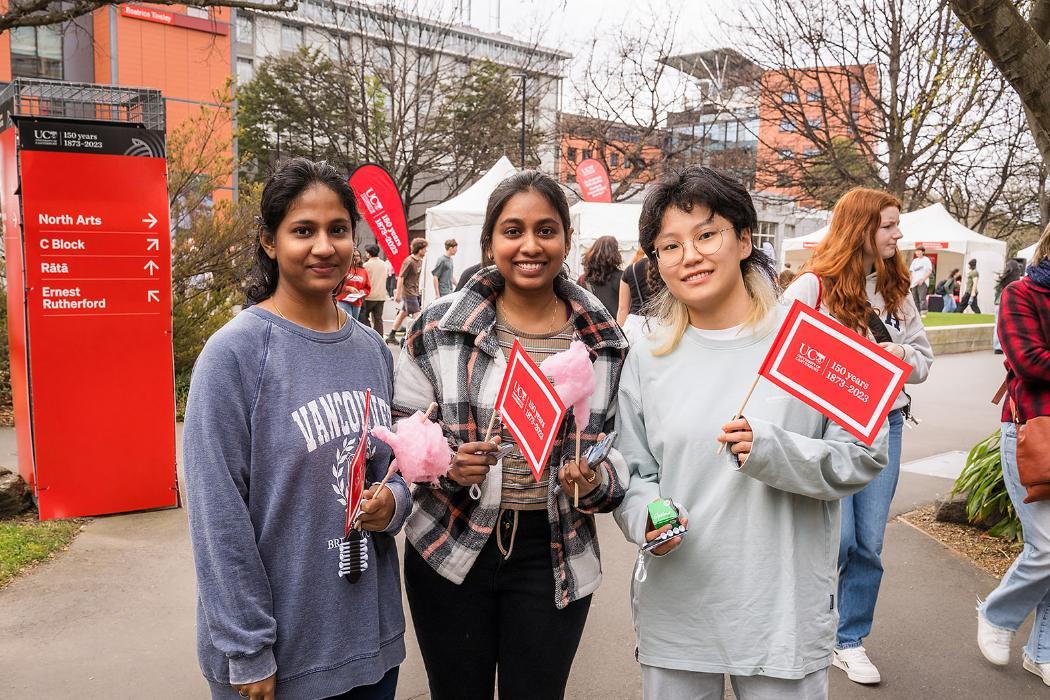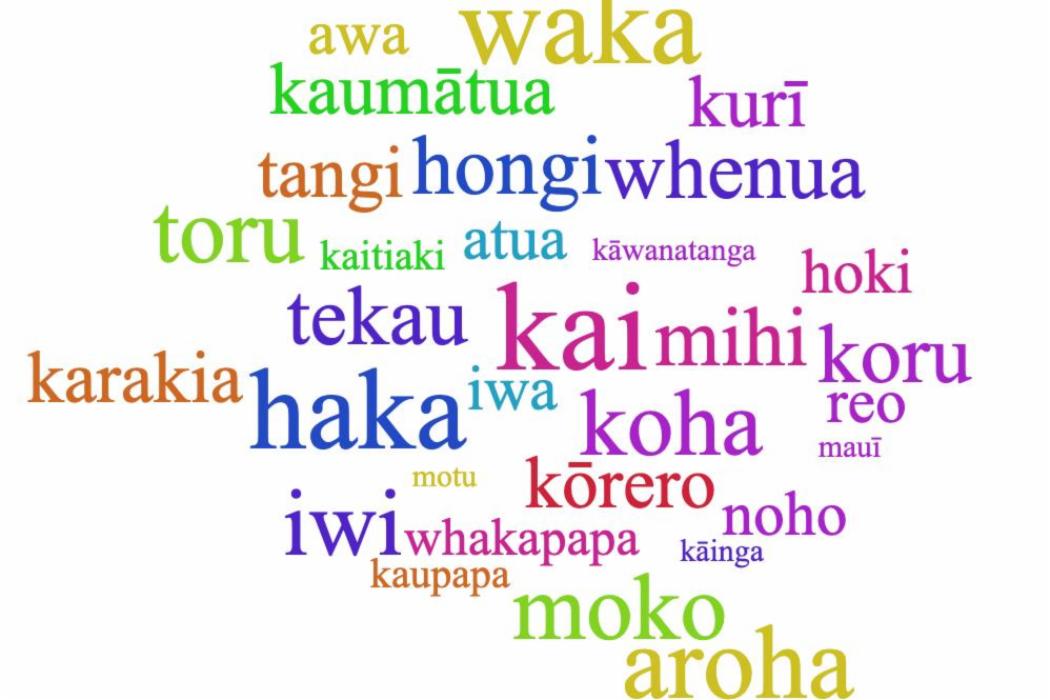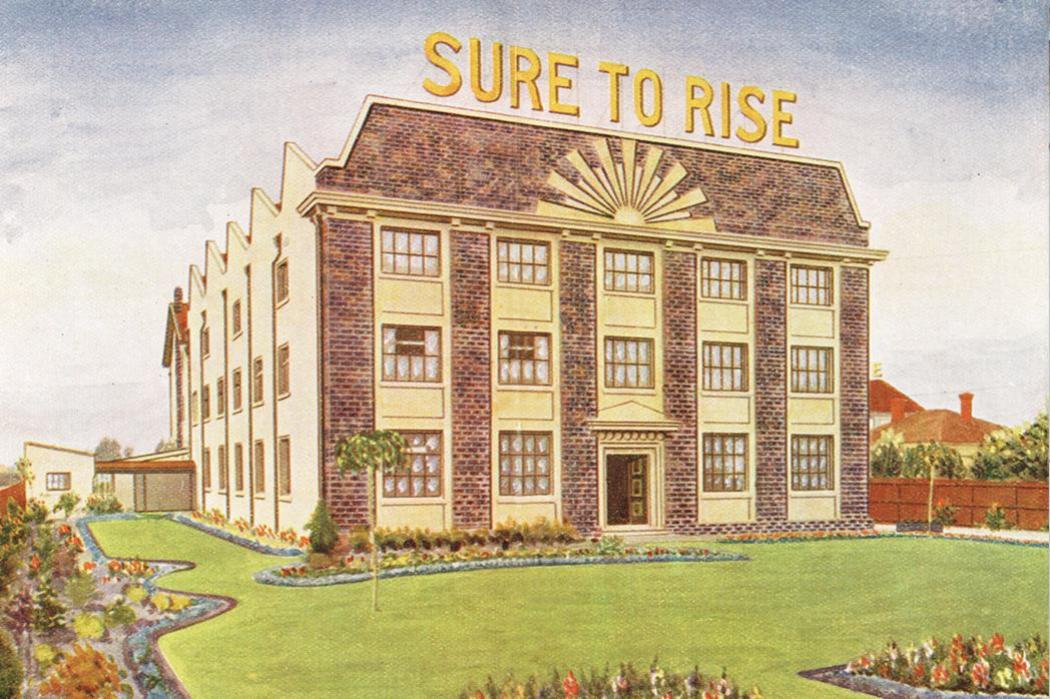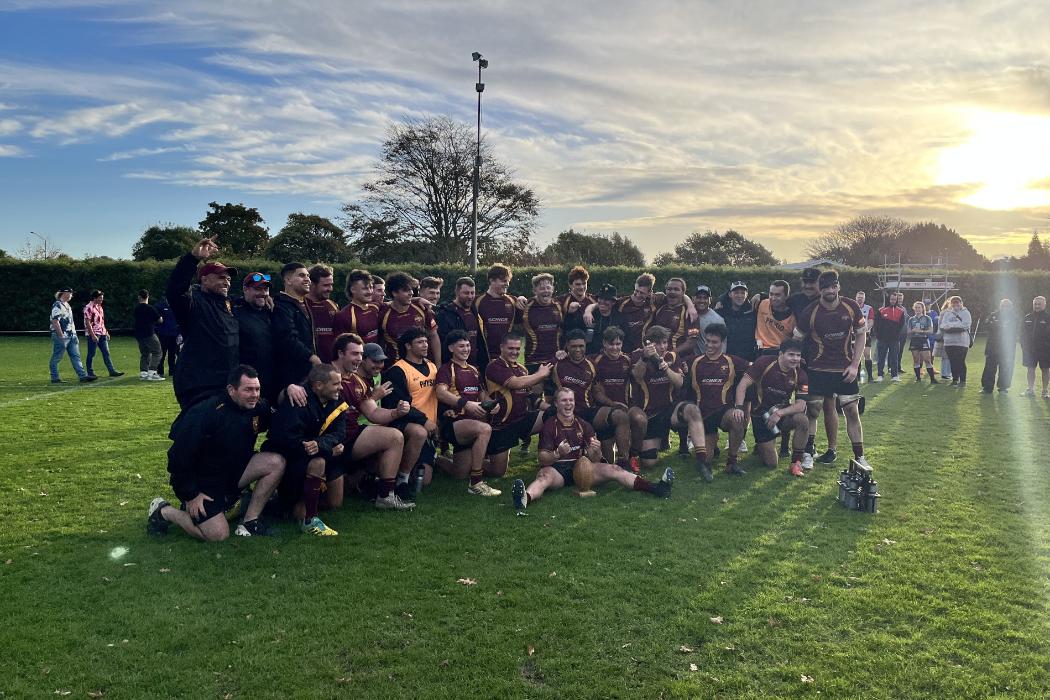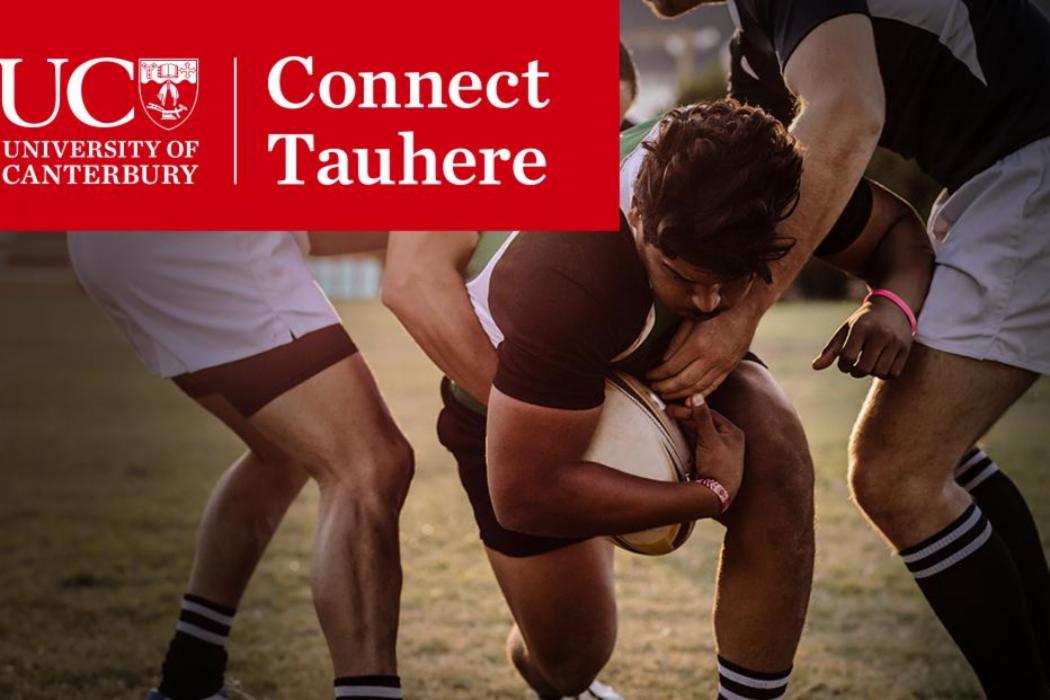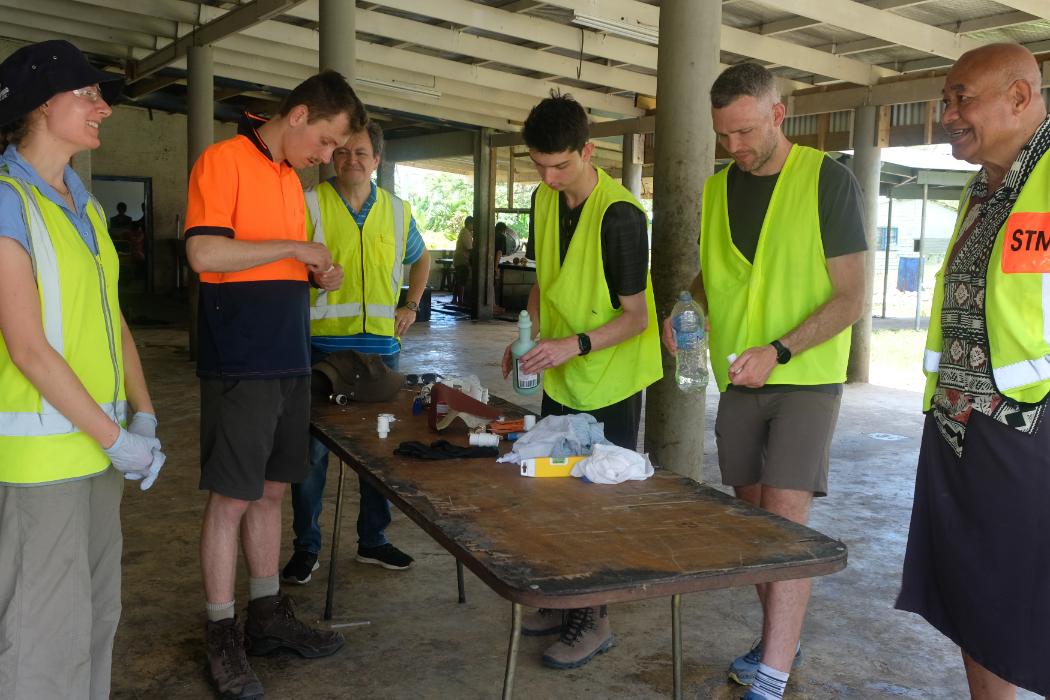From the beginning, the university embodied our region’s belief in the power of education to support and build a vibrant, strong, and successful community – this deep connection with Canterbury remains our strength.
Since the inaugural address at the founding of the Canterbury Collegiate Union, our university has stood for accessible higher education, service to the community, and the encouragement of talent without barriers of distance, wealth, class, gender or ethnicity. We are striving to ensure these principles guide us as we respond to the evolving higher education landscape, diverse communities, and global environment needs.
Principles of accessible education featured in the words of founding Chancellor Henry John Tancred: “Rich as well as poor, should have every opportunity afforded to them of cultivating and developing the higher faculties...”
Back in 1873, New Zealand’s national population was fewer than 300,000. The then Canterbury College was responsible for the city museum, the library, and secondary schools. Today, embedded in a city of almost 400,000 people, the university’s academics and students continue to work closely with the region’s institutes, organisations, and businesses, maintaining the university’s status as an anchor institution in our region.
We can look to the past for many historical examples of excellence and achievement. Even in the 19th century, the university boasted trailblazing graduates, including its first female student, Helen Connon, who became the first woman in the British Empire to earn a degree with honours when she received her Master of Arts in 1881.
In 1893 Tā Āpirana Ngata became the first Māori graduate from a New Zealand university. Along with other illustrious former students Lord Ernest Rutherford and Kate Sheppard, he is honoured on today’s banknotes. In the 21st century UC graduates continue to lead our community, from politicians and journalists, to actors, writers and artists, scientists, astronomers, and educators – engineering the future in their diverse chosen fields.
Yet, we are aware that accessing education is not as easy for some in our communities. To create more opportunities, we’ve introduced a new accessible education scholarship, Te Kakau a Māui, which focuses on those South Island schools whose pupils might not have imagined a future involving a university qualification. In 2023, 150 South Island students from decile 1 to 7 schools will receive a full tuition scholarship for their bachelor’s degree, and another 150 will join them in 2024. It’s our way of giving back to the community that has supported us through a century and a half of higher education teaching, learning and research.
Higher education is always evolving, and with teaching and learning increasingly available online, there are even more choices and opportunities for students. With a modern campus serving 21,000 students and thousands of staff, the University of Canterbury delivers innovative teaching for the benefit of both local and global communities, via on-campus, hybrid learning and online.
The impact of the University of Canterbury is far-reaching and diverse, through our more than 120 qualifications in over 150 subject areas and our 140,000 alumni around the world. UC’s impact is demonstrated through our research – including specialised areas that set us apart, such as technology to advance humanity, sustainability, equality and social justice, disaster preparedness and resilience, child development, digital screen, product design, and brain, language and behaviour studies.
In the years ahead, expect to see universities transformed as their role, relevance and impact on society evolves. In considering that future, UC can look back on its past to guide us.
We can feel confident that our institution has, through the last 150 years, successfully responded to change and disruption and will continue to rise to meet the challenges we face in the future. We have stood with our communities in times of need and our communities have, in turn, been fundamental to our success. Our 150th is an opportunity to build stronger foundations for our future, together.
Ka titiro whakamuri, ki te anga whakamua – guided by the past, shaping the future.
This article was originally published on Stuff.



